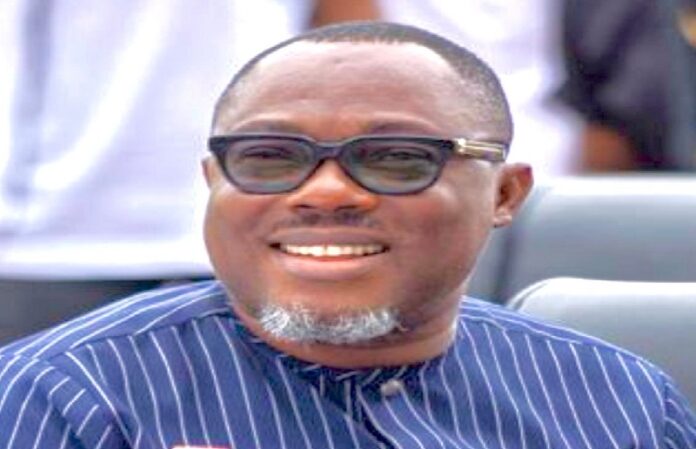A Professor of Political Science at the University of Ghana, Prof Ransford Gyampo, has cautioned Ghanaians to approach their judgement of the massive failure of prospective teachers in the recently conducted licensure exam with some caution in order not to discourage and insult those who seek to be part of the noble profession of teaching.
According to Prof Gyampo, the government, as part of its proposals to get assistance from the IMF, indicated that there would be some moratorium in public sector recruitment.
This, according to him, must be factored as part of the explanatory variables of the mass failure in the licensure exam.
He wondered how a government that has elected to freeze recruitment in the public sector would support the churning out of over 6,000 teachers who would also put pressure on the public purse.
Apart from this, Prof Gyampo also indicated that many of the prospective teachers ventured into the area of teaching not because of their love for the profession but as a sure guarantee against their potential joblessness after school.
He argues that it cannot be part of the noble profession for teachers to jump into it just because it is the only means of providing a quick employment for them.
Teaching, according to Prof Gyampo, is a calling for only brilliant and academically smart people.
In this regard, he argued that those who do not have such calling must not be allowed to get closer to the noble profession.
Joblessness shouldn’t be the reason why people would get into teaching, he said on TV3‘s The Keypoints
Prof Gyampo finally called for a massive overhaul of the quality of training and teaching at the various teacher trainee centers.
He indicated that some of the centers have simply no infrastructure to carry out what they are set out to do and added that the idea of Distance Education that treats students shabbily must also be looked at again because it also accounts for the problem


